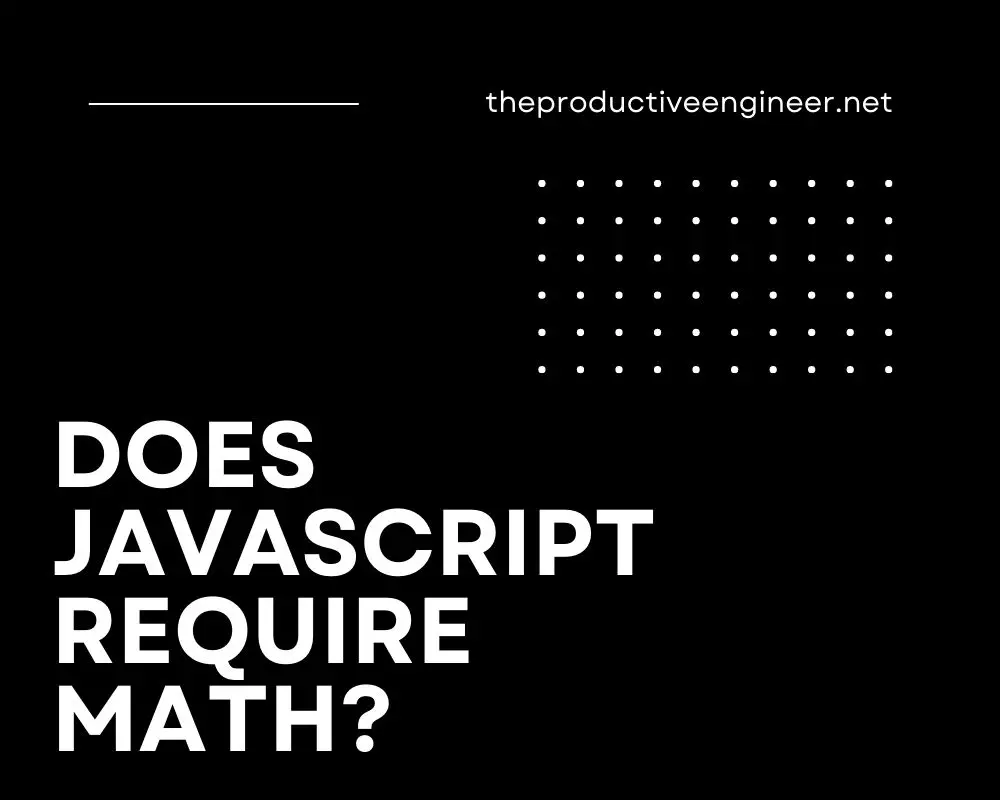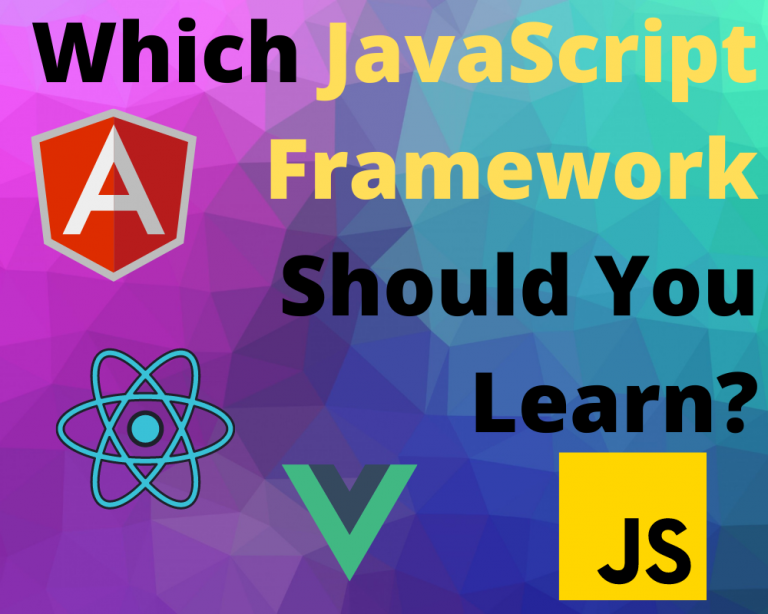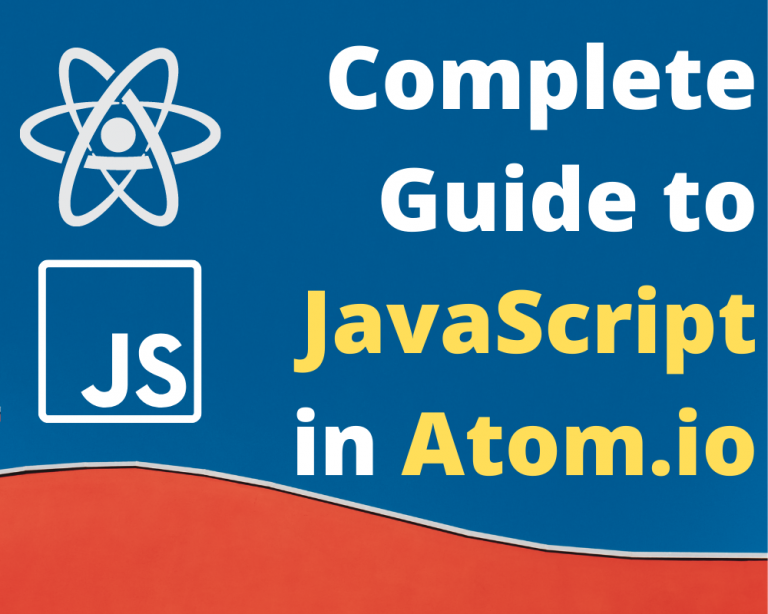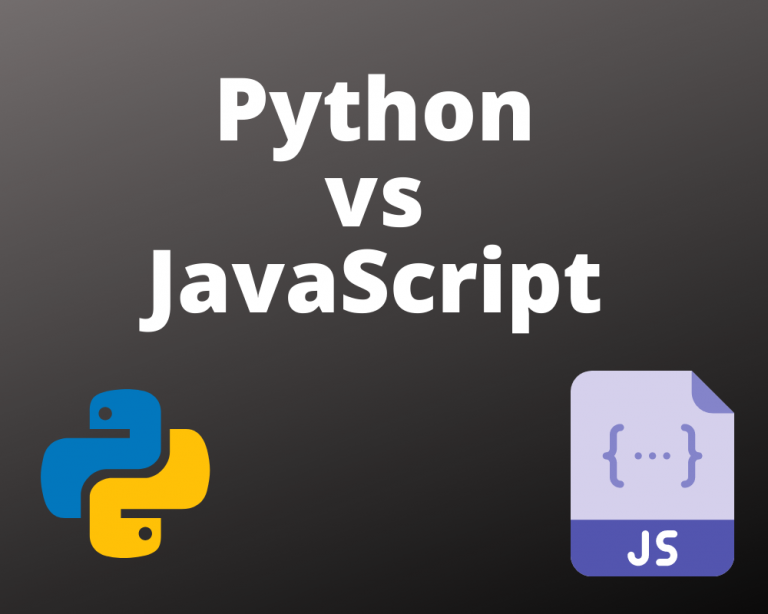Does JavaScript Require Math – Everything You Need to Know
JavaScript is a versatile programming language that powers many web applications, from simple interactive elements to complex systems. However, the question often arises: does JavaScript require math? This blog post aims to dispel the misconception that programming and math are inseparable and explore the contexts in which math is or isn’t required in JavaScript programming. We’ll also guide those seeking to develop their mathematical skills alongside their coding abilities.
Understanding the relationship between JavaScript and math depends on the context, tasks, and project goals. Let’s examine the specifics and determine when math is necessary for JavaScript development.
Does JavaScript Require Math?
The simple answer to whether JavaScript requires math is: it depends. The necessity of math in JavaScript programming largely hinges on the context of your work, the tasks you’re trying to accomplish, and your project’s goals. To help you understand when math is required in JavaScript, here’s a table that outlines various scenarios:
| Scenario | Math Requirement | Examples / Concepts |
|---|---|---|
| Basic Web Interactivity | Minimal | Arithmetic and logical operators |
| DOM Manipulation | Minimal | Basic calculations for CSS positioning |
| Simple Data Structures | Minimal | Array manipulation, basic object properties |
| Algorithm Implementation | Moderate to High | Sorting, searching, graph theory |
| Data Visualization | Moderate to High | Coordinate systems, scaling, transformations |
| Game Development | Moderate to High | Physics, collision detection, animations |
| Machine Learning | High | Linear algebra, statistics, calculus |
The required math skills are minimal for basic JavaScript tasks, such as adding interactivity to a webpage, manipulating the DOM, or working with simple data structures. A basic understanding of arithmetic and logical operators is usually enough to do the job in these situations.
Math can play a more significant role as JavaScript projects become more complex. For instance, having a solid foundation in mathematics will prove invaluable when working with algorithms, data visualization, game development, or machine learning. In these cases, skills like algebra, geometry, trigonometry, and even calculus may be necessary to achieve optimal results.
Ultimately, your project requirements and goals will determine the significance of math in your JavaScript programming. By recognizing the contexts in which math is relevant and understanding the expectations for various tasks, you can better prepare yourself for success in JavaScript programming.
JavaScript Book I Swear By to Learn JavaScript
[amazon box=”1593279507″]
Basic JavaScript Concepts and Math
A. Variables, data types, and operators
JavaScript offers various data types and operators to perform simple math operations. Here, we’ll discuss numbers and basic arithmetic operations using real-life examples.
- Numbers and basic arithmetic operations
JavaScript supports both integers and floating-point numbers. You can perform basic arithmetic operations like addition, subtraction, multiplication, and division using the respective operators (+, -, *, /).
Example: Calculating the area of a rectangle in JavaScript:

- Real-life examples of simple math in JavaScript
Example: Calculating the percentage of a value:

B. Control structures and loops
Control structures and loops in JavaScript often involve math, mainly when using logical and comparison operators or managing loop iterations.
- Logical and comparison operators
Logical and comparison operators are essential in conditional statements, such as if, else if, and else. These operators enable you to compare values and make decisions based on the results.
Example: Determining if a number is even or odd:
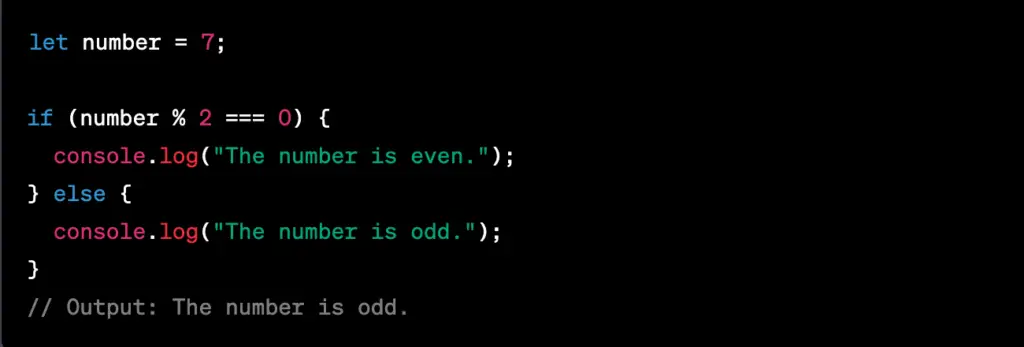
- The role of math in conditional statements and loops
Loops, such as for and while, often rely on math to define the number of iterations or control the loop conditions.
Example: Calculating the sum of the first ten natural numbers using a for Loop:
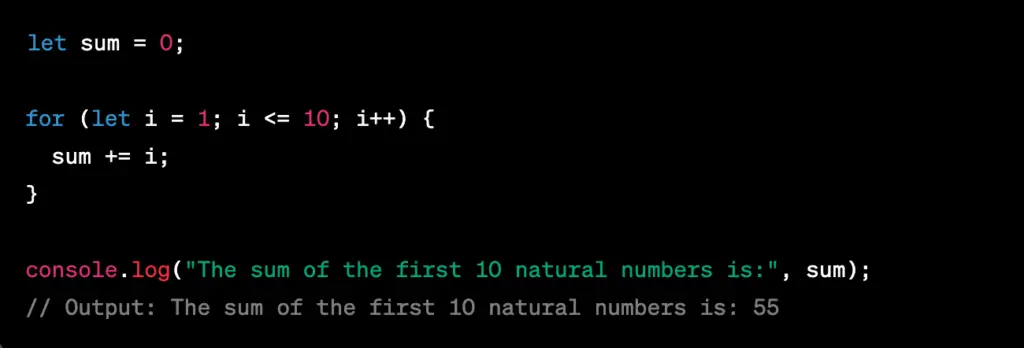
Summary
The need for math in JavaScript programming largely depends on the context, tasks, and project goals. While basic tasks may require minimal math skills, advanced programming challenges often benefit from a strong mathematical foundation. Understanding when math is relevant and continuously developing your mathematical skills, can enhance your versatility and success in JavaScript programming.

